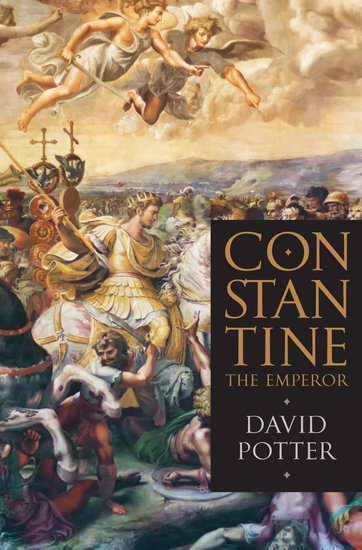Harry Potter at the British Library: Challenges, Innovations, and Magic
Last Friday the Harry Potter: A History of Magic exhibition opened at the British Library. It is a much anticipated showcase of Harry Potter artefacts, including many from the vaults of Bloomsbury and J.K. Rowling herself.












